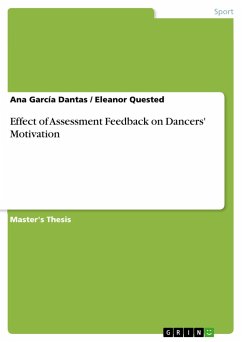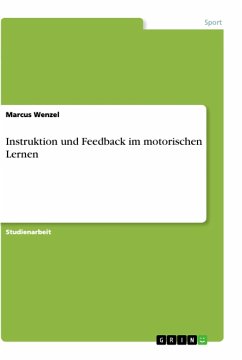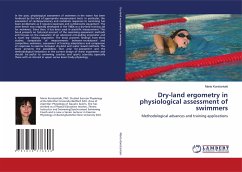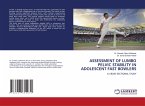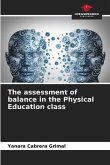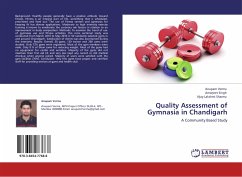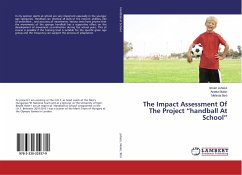Master's Thesis from the year 2012 in the subject Health - Sport - Sport Psychology, grade: A, City University London, language: English, abstract: The repercussion that term assessments have on students training in a dance conservatoire is a controversial topic. Several authors in sport psychology have shown the effect that manipulated feedback can have on self-efficacy and the existing relationship between self-efficacy and effort. However, these questions have not been previously studied in dance. Therefore, the aims of this investigation are 1) to examine the impact manipulated feedback can have upon the self-efficacy levels in dancers and 2) to analyze if this variable predicts the effort intention for the dancers to improve in the next term. As such, 61 students and 5 teachers from a dance conservatoire participated in an experimental study. Students were randomly divided into 4 groups. Teachers assessed their competence according the conventional criteria (scores from 0 to 10) during a flamenco movement. The first group received upper-evaluated scores, the second group lower-evaluated scores, the third group did not receive scores (control group) and the last group received one score per objectives (e.g. postural control, rhythm, etc) plus the accurate general score. Results show that objective feedback is the most beneficial strategy in terms of self-efficacy and lower-evaluated is the most detrimental for students. In contrast with the initial hypothesis, self-efficacy does not linearly predict effort intentions for next term. Therefore, this experimental study does not recommend the use of lower-evaluated and upper evaluated feedback; and suggest teachers to provide objective feedback due to its positive effect on self-efficacy. Among the limitations are the number of participants per group and the instrument used to measure effort intentions. Future research should be focused on examining the variables that influence on the effort intentions and assess the practicability of this new assessment strategy within real contexts. Finally, this study provides practical suggestions for dance conservatories teachers so they can implement them in assessment situations.
Hinweis: Dieser Artikel kann nur an eine deutsche Lieferadresse ausgeliefert werden.
Hinweis: Dieser Artikel kann nur an eine deutsche Lieferadresse ausgeliefert werden.

